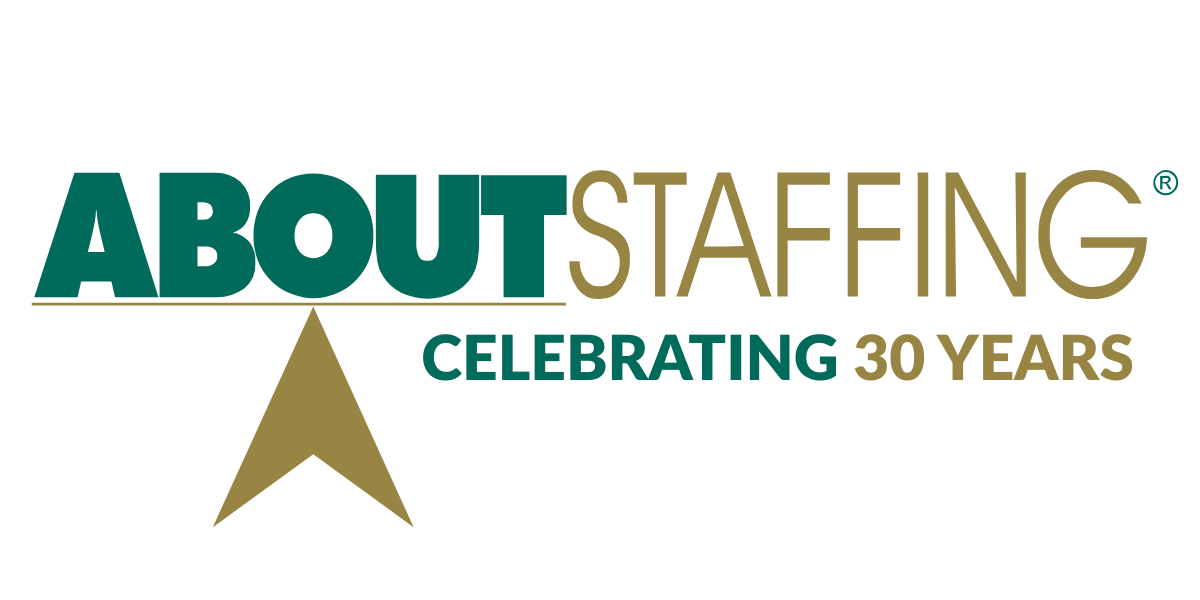Conversational Interview
Many people may not realize that there are more than one type of job interviews; in fact, there are several types of interview styles, and some are more common than others.
One such interview style is the conversational interview, which may come as a surprise when in the interview room. Typically, the conversational interview process does not even involve actual interview questions! However, interviewers are still able to learn a lot about candidates during this process.
What is a Conversational Interview?
A conversational interview is an alternative interview style also known as flexible or conversationally flexible interviewing. In these types of job interviews, the employer and hiring managers carry on a more naturally flowing conversation, rather than a traditional interview– hence the term conversational interview. This helps interviewers learn more about the potential employee’s story and motivations, among other things.
Conversational interviewing can spark some intriguing conversations you would of most likely not had during a traditional interview. It allows for more of a connection during the natural conversation and you can even learn a lot about both the job seekers and the hiring manager, such as similar professional interests for example. This is largely made possible by the emphasis placed on this style being a two-way process.
People feel like they are building rapport during this type of interview as opposed to regimented interviews. The difference between awkward interviewing and compelling conversations may be the deciding factor from an employer’s perspective.
Pros of Conversational Interviews
Many proponents of conversational interviews prefer this method because they feel it puts the interviewee more at ease. This allows for a more natural interview process and conversation. It also helps employers learn differently about the interviewee.
Interviewers who favour this type of interview prefer to learn about the candidate’s journey, motivations, and qualifications. These values are important ways to learn about a person, and can be clues as to how they work and how they have arrived at their current state.
How to Prepare for a Conversational Interview
A conversational interview requires a different approach, both from the interviewer and the interviewee. In order to prepare for these types of interviews, you will need to change how you would react in an interview situation, for example, changing the way you answer questions.
The Way You Answer Questions
As opposed to with a traditional question-and-answer interview, a conversational interview requires a different style of answering questions. Instead of practicing neatly wrapped-up answers to potential questions, you will want to prepare conversational answers to the interview questions that could be asked.
You will also want to take the time to anticipate the direction the conversational interview will take, and come up with talking points accordingly. Think about subjects such as your journey, role models, and interests in order to present the different facets of yourself that a conversational interview is meant to examine.
Be Flexible
Since a conversational interview can take twists and turns, it is more difficult to prepare answers and talking points. You will need to become comfortable with being flexible, and being able to advocate for yourself on the fly. To do so, you can hold a mock interview where you practice answering questions or asking questions; this mock interview can also follow the format of a conversational interview to give you some practice.
Being able to be flexible in an interview setting can lead to you making a greater impression on your potential employer. Conversational interviews can be more memorable, since you are going off the script of the typical interview and are not regurgitating the generic answers that an employer may have come to expect. It may also be a welcome relief when things go smoothly.
What Are Conversational Interview Skills?
There are certain skills that will benefit interviewees during a conversational interview. These are not necessarily skills that you are born with, but are skills that you can work on as well. These skills take into account the style and purpose of the conversational interview process.
Being Candid
One of the greatest points of a conversational interview is that it can dig up more honest and open answers, as there are not generic questions that the interviewee would have prepared for. Employers may have expected that you would have prepared answers to the typical questions, based on what the internet says that they would like to hear.
Taking the route of a conversational interview instead will help them to get unpolished, sincere answers to the questions they may have about you.
Being Personable
A personable interviewee will be better able to flourish in a conversational interview setting. Those who are friendly and outgoing will find this type of interview to be more natural than those who are more reserved.
This type of interview involves a more relaxed conversation, so those who are able to carry on such a conversation, without having a basic script to stick to, will be able to make a better first impression on the interviewer. A great conversation will impress the potential employer, and they will enjoy it as well!

Frequently Asked Questions
What is a conversational interview?
A conversational interview is a more organic approach to the interview process. Instead of asking generic questions, the interviewer will initiate a conversation with the potential employee to get their questions answered and to learn more about what makes the employee tick and the candidate’s experience.
This also helps employers to evaluate how the interviewee will mesh with the company, the culture, and the other employees.
What types of questions are asked in conversational interviews?
Conversational interviews are typically less “question” based, and focus more on open ended requests, prompts or hypothetical situations. It makes the interviewee feel more comfortable and at ease. Some examples of these are as follows:
- I would love to hear about why you want to work here.
- Tell me about a time you approached a challenge at work and how you were able to solve it.
- Talk to me about what you’re enjoying right now outside of work.
How do you do a conversational interview?
There are several ways to go about a conversational interview. Take the time to break the ice when you go into the interview to set yourself up for a comfortable exchange. Answer the questions or prompts honestly, and humanize yourself to the interviewer. You can also try to engage the interviewer in the conversation as well, in order to deepen your conversation and also learn more about the employer at the same time.
Your body language is also important to consider. Because a conversational interview is a bit more relaxed, it allows you to be a little more relaxed in your body language, by loosening you shoulders and not being awkwardly stiff. Welcoming the interview with a firm handshake is still extremely important.
We don’t recommend your body language to become too relaxed by slouching or feet up on the table. Remember this is still an opportunity to show you are interested in the role and are taking the interview seriously.
Are conversational interviews good?
Conversational interviews are what you make of them! They are usually some of the most memorable interviews, as they do not follow a script and allow the candidates to really shine and be themselves. Remember you can integrate certain aspects of this style into your next interview to test the waters. You may find that candidates are simply engaged when compared to the standard interview questions process.
Will there be a second interview?
There certainly may be a second interview even with a conversational interview. The hiring manager may want you back to meet with other people in the department you may be working in which is equally important.
The second interview typically functions to discuss more in-depth on the job description and how you would function in that role. A second interview often allows for discussion regarding salary and benefits as well.
The second interview solidifies you as a great candidate and showcases your experience, your skills, and your knowledge about the field or the position. During this stage, it is very important to really dive into the company website if you haven’t already.
If you are preparing for a remote job interview, take a look at our Remote Interview Questions post to help you prepare.

